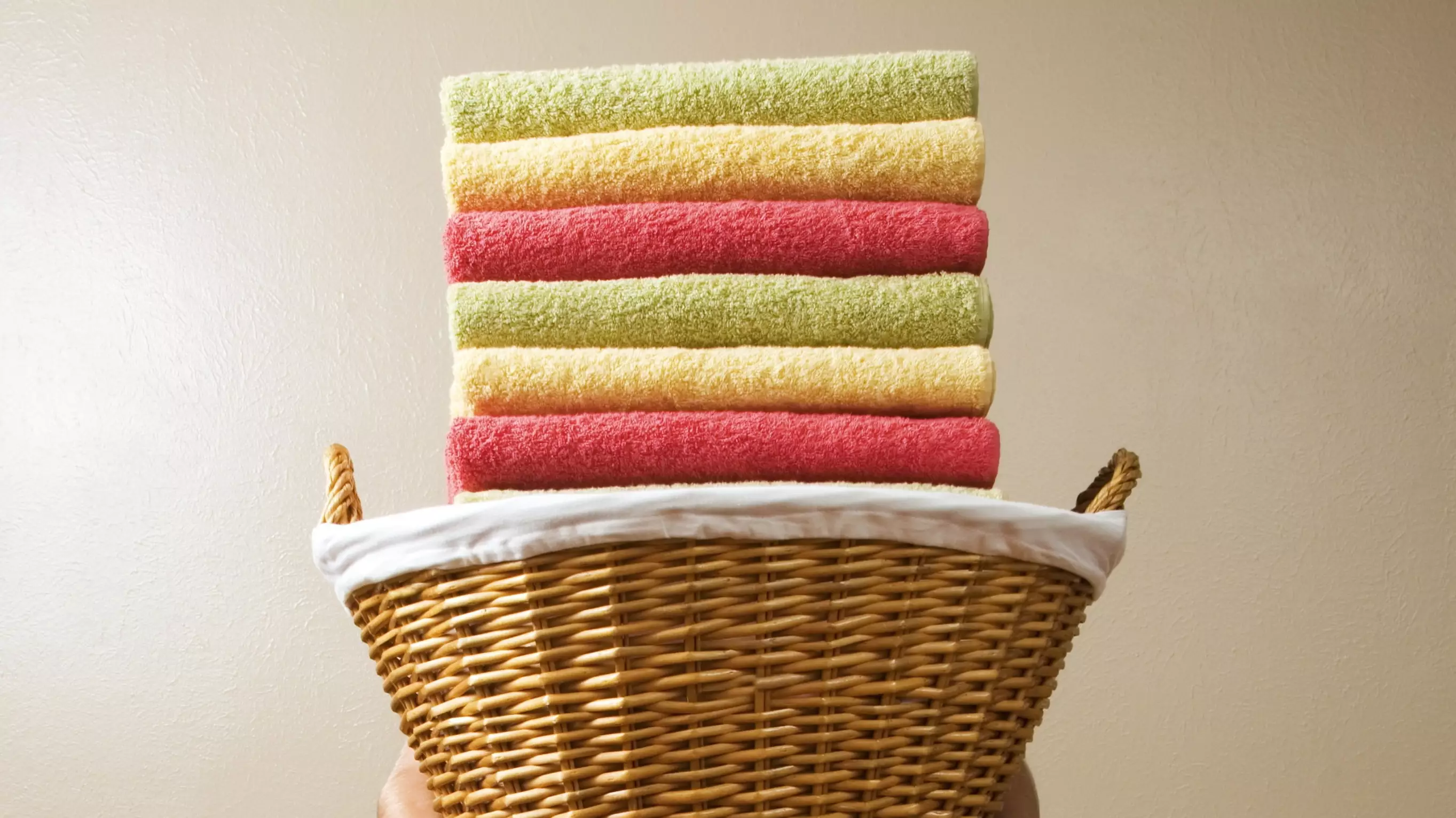
We're all familiar with the age-old image of an apron-clad woman scrubbing the dishes while her husband heads off, briefcase in hand, for a hard day's work.
And while we've certainly come a long way since those days, subtle gender-stereotyping in advertising still exists.
But that's all about to change. As of today, any adverts showing "harmful gender stereotypes" will be banned from TV in the UK.
Advert
This will include depictions of women having sole responsibility of housework and childcare, men taking charge of DIY jobs, or men who can't change nappies.

The new rules have been written into Advertising Codes by the Advertising Standards Authority (ASA) and include any adverts "which are likely to cause harm, or serious or widespread offence".
The ban follows a review by the ASA in which men, women and children in the UK were shown adverts and asked questions to gauge how they depicted men and women.
Advert
One of these adverts was Aptamil's 2017 advert depicting a baby girl growing up to be a ballerina and a baby boy growing up to be an engineer.
The review stated: "This [advert] opposed beliefs amongst parents who thought that children could aspire to any career regardless of gender. Whilst most participants did not feel that this type of stereotyping was offensive or harmful, they did feel that there was a missed opportunity to show greater diversity of gender roles and aspirations."
The ASA found evidence that harmful stereotypes could "restrict the choices, aspirations and opportunities of children, young people and adults and these stereotypes can be reinforced by some advertising, which plays a part in unequal gender outcomes".
Advert
ASA chief executive Guy Parker told the BBC: "Our evidence shows how harmful gender stereotypes in ads can contribute to inequality in society, with costs for all of us. Put simply, we found that some portrayals in ads can, over time, play a part in limiting people's potential."

The body states that other scenarios likely to be problematic under the new rule include:
- An ad that depicts a man with his feet up and family members creating mess around a home while a woman is solely responsible for cleaning up the mess.
- An ad that depicts a man or a woman failing to achieve a task specifically because of their gender e.g. a man's inability to change nappies; a woman's inability to park a car.
- Where an ad features a person with a physique that does not match an ideal stereotypically associated with their gender, the ad should not imply that their physique is a significant reason for them not being successful, for example in their romantic or social lives.
- An ad that seeks to emphasise the contrast between a boy's stereotypical personality (e.g. daring) with a girl's stereotypical personality (e.g. caring) needs to be handled with care.
- An ad aimed at new mums which suggests that looking attractive or keeping a home pristine is a priority over other factors such as their emotional wellbeing.
- An ad that belittles a man for carrying out stereotypically 'female' roles or tasks. The ASA established the rules in December 2018, giving brands time to implement the new rules, saying that they were pleased with how brands had responded.
Any ads that fall foul of standards from today will be reviewed by the ASA and could be pulled from TV.
Featured Image Credit: Shutterstock